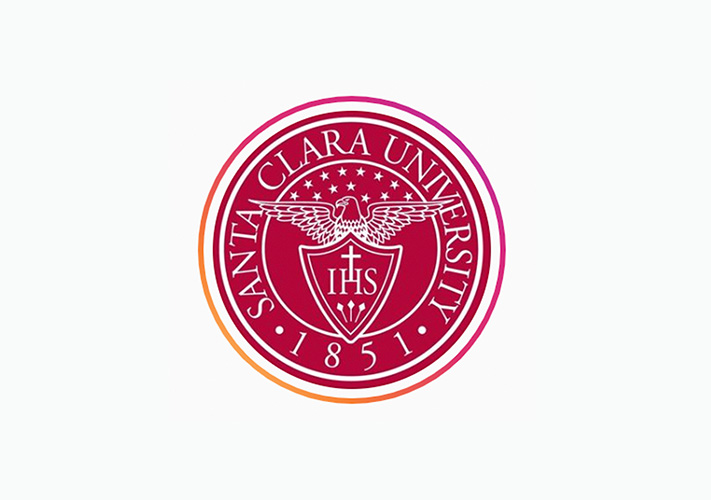Overview
This class investigates the religious, ethical and social meanings of environmental justice. It fulfills the Religion, Theology & Culture -2 requirement or the Diversity requirement in the new undergraduate core curriculum. Engineering students can count this toward both core curriculum requirements, but all other students must select which requirement they will fulfill. The course can partially fulfill one the following pathway requirements: Law & Social Justice; Politics & Religion; Public Policy, Race, Place & Social Inequalities; Values in Science & Technology; and Sustainability.
The Catholic Church began in earnest to address our environmental problems in 1990 with Pope John Paul II’s World Day of Peace message. Catholic environmental concern builds upon the Catholic vision for society and its relationship with creation. Another set of conceptual resources can be found in the Catholic imagination, the Catholic worldview that perceives creation and humanity to be enchanted with God’s presence and activity, and filled with God’s grace by the celebration of sacraments. This is a vision of all creation charged with the potential of grace, and therefore being religiously and morally significant. Concurrently, the term “environmental justice” was created by citizen activists who recognized the disproportionate burden of pollution imposed upon poor communities of color. The EJ movement arose to redress the broader social paradigm which imposes resource degradation and pollution on these politically marginalized communities.
































